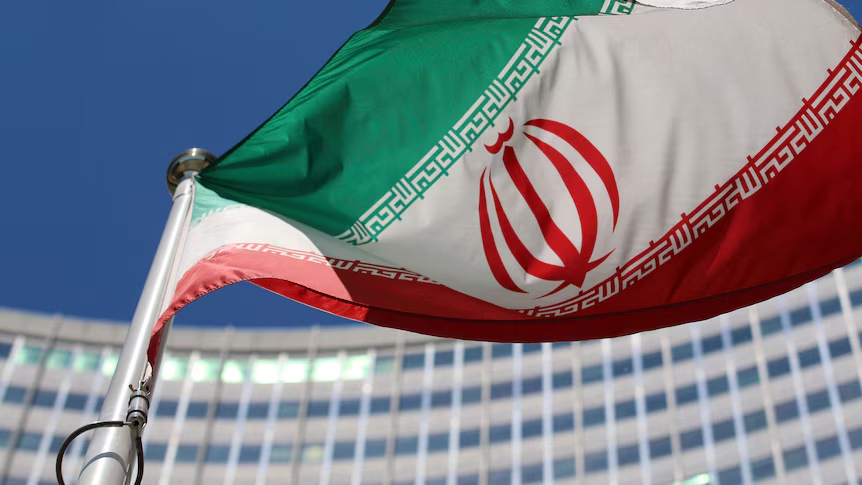Iraq now faces growing concern as the reimposition of UN sanctions on Iran begins to create regional uncertainty. Policymakers and economic analysts in Baghdad closely monitor the situation, fearing that these measures could affect trade, energy supply, and financial stability. The sanctions already create tension across the Middle East, prompting Iraq to prepare for potential economic turbulence.
The UN sanctions on Iran could directly affect Iraq’s energy sector. Iraq relies on Iranian gas and electricity to meet domestic demand, especially during peak summer months. If energy imports decline, Iraq may experience more power shortages and higher production costs. This challenge could also slow industrial activity and increase public dissatisfaction.
Furthermore, the sanctions might impact trade between the two countries. Many Iraqi businesses depend on Iranian goods such as food, construction materials, and industrial equipment. Any disruption to this flow could raise prices and trigger inflation. As a result, Iraqi consumers and small traders could face significant pressure.
Officials in Baghdad continue to search for alternative suppliers to reduce reliance on Iranian imports. The Ministry of Oil is exploring new energy partnerships with neighboring countries, while the private sector seeks more diverse trade routes. However, these adjustments take time and resources.
In addition, financial transactions between the two countries may become more complicated. Banks and money transfer companies face tighter international scrutiny. These restrictions could delay payments for imports and harm Iraqi firms engaged in cross-border business. To prevent further instability, Iraq’s Central Bank aims to strengthen oversight and promote transparency in trade operations.
The UN sanctions on Iran also carry political consequences for Iraq. The country often balances its relations between Tehran and Washington, but renewed sanctions force Iraqi leaders to make careful diplomatic choices. Maintaining neutrality while protecting national interests remains a delicate task.
Security analysts believe that regional tensions could rise if sanctions deepen Iran’s economic crisis. Such instability may spill over into Iraq, especially in areas where Iranian influence remains strong. Therefore, Iraq’s government continues to call for dialogue and peaceful regional engagement.
Despite these challenges, Iraq’s economy shows resilience. Increased oil revenues and ongoing reconstruction projects provide some stability. The government hopes that by diversifying its partnerships and boosting domestic production, it can reduce the impact of external shocks.
Ultimately, the UN sanctions on Iran represent a major test for Iraq’s economy and diplomacy. The country must now navigate a complex landscape while safeguarding its energy security, economic growth, and political balance.


